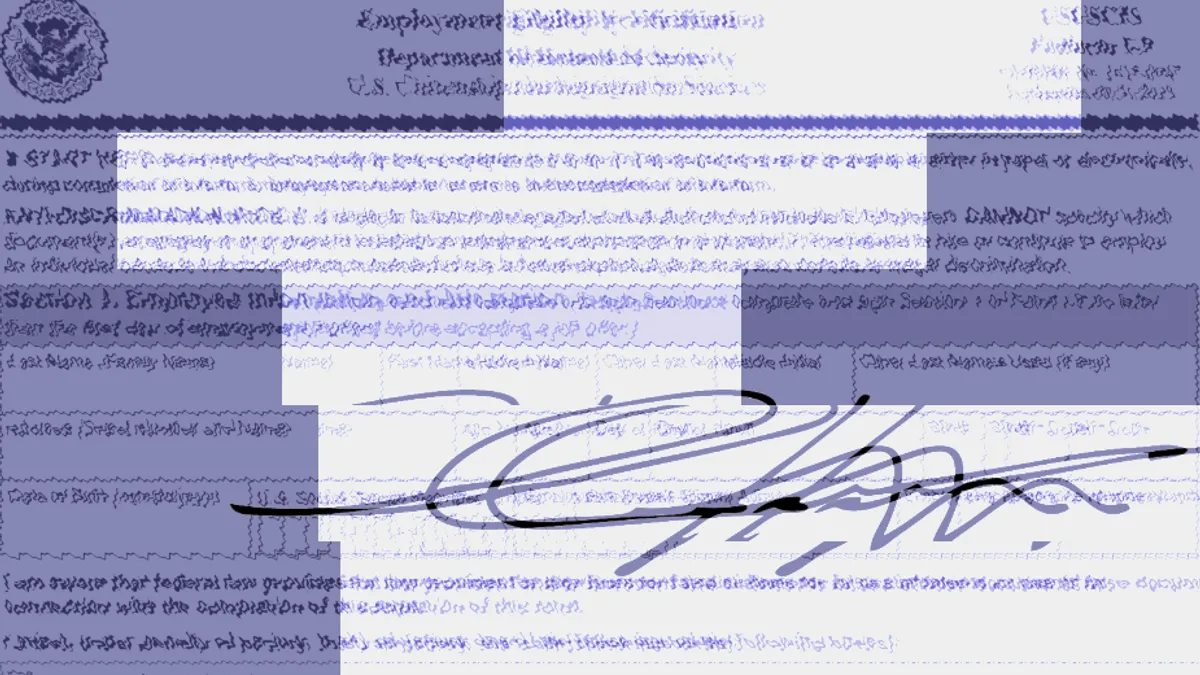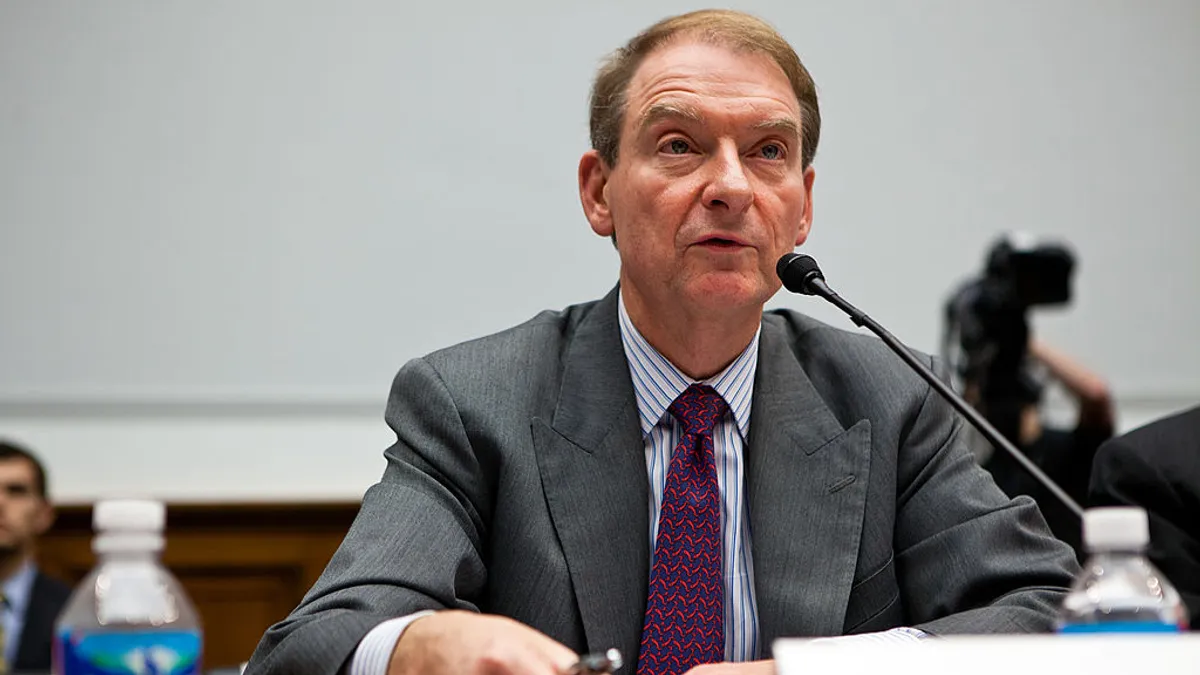If you’re planning to seek approval of your clawback policy at your board’s next regularly scheduled meeting to meet Dodd-Frank requirements, you might reconsider and hold a special meeting in the next few weeks, compensation specialists say.
The New York Stock Exchange and Nasdaq have until next week — June 11— to amend their listing standards to require companies to have in place a Dodd-Frank compliant clawback policy or risk delisting.
Should the Securities and Exchange Commission (SEC) approve the exchanges’ new standards next week, companies face a 60-day clock — or until August 8 — to get their board to approve their new policy, which means a regularly scheduled fall meeting will probably be too late to comply.
“If your next board meeting is in the first or second week of August, that’s really dangerously close to the August 8 compliance deadline we’re expecting from the listing exchanges,” Teresa Bayewitz, a partner with Mercer, said in a webcast hosted by Troutman Pepper. “You may want a special meeting or have your compensation committee approve it by unanimous written consent.”
SEC approval
General counsel will know by June 11 whether the SEC approves the new listing standards developed by NYSE and Nasdaq and, if it does, what the final version of those new standards will look like.
The SEC has been working on the Dodd-Frank clawback requirements for more than a dozen years and they’re only now nearing the end-point. The law requires the exchanges to require their listed companies to claw back any executive compensation that’s tied to financial performance that later needs to be restated.
It doesn’t matter if the restatement stems from an honest mistake and regardless if it’s a material “Big R” restatement or an immaterial “little r” one.
“It could be $100. It could be $10,” said Bayewitz, referring to restatements that don’t need to be disclosed in filings but that do require any clawbacks tied to them to be disclosed.
Existing policies
Many companies since Dodd-Frank was enacted in 2010 have already put in place clawback policies, so their main task in the coming weeks is to ensure those policies align with their exchange’s new listing standards.
“You want to … coordinate with your pre-existing policies,” Michelle Garrett, a principal at Semler Brossy, said in the webcast.
These companies also need to decide whether to keep anything in their existing policy that goes above and beyond what the exchanges will require.
For example, if the company’s existing policy calls for clawbacks for something other than a restatement, like misconduct or causing reputational harm, do you want to keep that or only do the minimum required under Dodd-Frank?
“If you're doing shareholder engagement, this is a good time to test your policy with your investors,” said Bayewitz.
Bayewitz recommends you keep your existing policy as a supplement to Dodd-Frank. Not only do institutional investors tend to like this extra layer of good governance, but proxy advisors like ISS and Glass Lewis tend to rate companies higher if they have extensive clawback policies.
“Investors want to see this. Institutional advisors want to see this,” Garrett said.
If you decide to keep your supplemental policy, you might consider keeping it separate from your Dodd-Frank compliant policy, in part because of the SEC filing disclosures that Dodd-Frank requires.
By keeping your supplemental clawbacks in a separate policy, you can keep those clawbacks in footnotes and off the cover page of the filing.
“Dodd-Frank has onerous disclosure requirements,” Sherri Adler, a Troutman Pepper partner, said in the webcast. “A separate policy can keep you out of those disclosure requirements.”
DOJ interests
For companies that don’t have any policy in place, it can make sense to go above and beyond Dodd-Frank because of the positive view investors and proxy advisors have of them, but also the Department of Justice is focusing on clawbacks, and they’re not targeting restatements; they’re targeting misconduct.
“DOJ will look at the policy in the context of a criminal investigation,” said Adler, referring to cooperation credit the agency offers to companies faced with an investigation over wrongdoing. “It’s just another thing in the mix to be aware of when contemplating supplemental clawbacks.”
If you do include a supplemental policy and want to extend clawbacks to lower-level employees, the practice of many companies is to limit clawbacks to these employees only if they’re the cause of a restatement or otherwise have engaged in misconduct. Dodd-Frank limits clawbacks to what are known as Sec. 16 executives — those like the CEO and CFO who are listed in the SEC filings.
A survey conducted by Mercer that’s still ongoing has found that, so far, most companies limit, or plan to limit, clawbacks to lower-level employees only for cause. Just under 80% in the survey said that’s what they plan to do.
Another priority between now and August is to ensure your employment and other agreements are consistent with the Dodd-Frank requirements, which means any contractual provision that an executive signs that protects them from clawbacks must be changed.
Same thing with any directors and officers (D&O) insurance provisions that reimburse executives against clawbacks as part of an indemnification policy. Insurance can’t be used to make executives whole if they have to return incentive pay. Dodd-Frank doesn’t allow that.



















